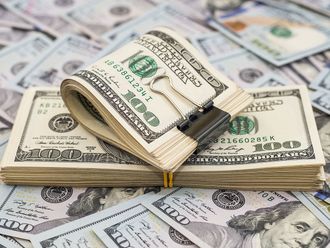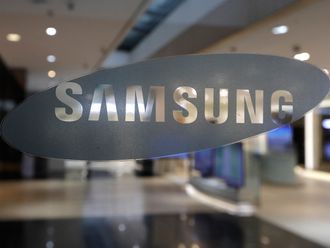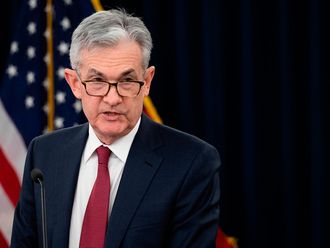
Beijing: China's homegrown credit ratings agency Dagong has made a name for itself this year by hitting out at its Western rivals, but analysts say it will be hard-pressed to win the trust of foreign investors.
Since July, Dagong has given the United States and 17 other nations lower marks than they received from Moody's, Fitch and Standard and Poor's, and said the big three caused the financial crisis by failing to properly disclose risk.
Chairman Guan Jianzhong, a paid adviser to China's government, insists his agency is fully independent — and stands by his tough talk about his rivals, whose ratings affect interest rates at which states and companies can borrow.
Dagong Global Credit Rating Co's Western competitors "neglect two fundamental principles — knowing whether the country in question has money, and if that money can generate value", Guan told AFP in an interview.
"Their norms are based on an American ideology, value system and interests," he said, arguing that the independence of a country's central bank or its moves towards market liberalisation should not be taken into account.
Creditworthiness
The big three "do not worry enough about a government's long-term receipts", said Guan, whose agency employs 500 people, 300 of whom occupy an entire floor of a modern high-rise in Beijing.
"We conduct our analysis solely on the basis of creditworthiness."
The emergence of Dagong — which says US sovereign debt is more risky than China's — stands as yet another sign of the growing confidence of China, which overtook Japan earlier this year to become the world's second-largest economy.
In November, the agency downgraded America's local and foreign currency long-term sovereign credit rating from "AA" to "A-plus" with a "negative" outlook, after the Federal Reserve poured $600 billion (Dh2.2 trillion) into the economy. The agency said the downgrade reflected the "deteriorating debt repayment capability" of the world's largest economy.
It also said the Fed's move, which was roundly criticised by Chinese officials, was "entirely counter to the interest of the creditors". China, which holds more than $900 billion in US debt, is first in line.
"The serious defects in the US economy will lead to long-term recession and fundamentally decrease national solvency," Dagong said.
The big three agencies have consistently awarded Washington their highest possible "AAA" rating — allowing the United States to take on more debt at lower cost.
No special support
Guan said politics were not at play in his lower rating for the United States. "Dagong's independence cannot be questioned. We are a private company and do not receive any special government support." Founded in 1994, Dagong is now looking to establish an international profile, as Beijing encourages its state-owned companies to set up shop abroad.
The agency has so far offered ratings on more than 50 countries — a first for a non-Western credit rating agency, it says — and plans to have a roster of 150 countries by 2012.
In September, it accused the US Securities and Exchange Commission of discrimination and threatened legal action after its application to enter the US market was turned down.
Dagong had said it hoped to enter the US market partially to protect China's interests as the largest creditor of the US government.
Patrick Chovanec, a professor of economics at Tsinghua University in Beijing, said Dagong's chairman had made some valid points.
Major issues
"The criticisms to the existing agencies are well-founded, obviously, because they missed out on major issues and they did not provide a reliable guide on many securities that were being issued," Chovanec told AFP.
Kristine Li, a credit analyst for Royal Bank of Scotland in Singapore, agreed, saying: "Moody's and the other rating agencies were so much behind the curve during the Lehman [Brothers] crisis."
Chovanec predicts that the ratings industry will become "much more competitive", but both he and Li also agreed that Dagong would have a lot to prove.
"I don't agree with Dagong's assessment that countries with large currency reserves are less risky. That actually creates its own set of problems and distortions in the economy," Chovanec said.
Li added that it would "take time to establish credibility and to make people really listen to them".
"When I go to Beijing to try to assess the risk in China, I go to see Moody's, Fitch and S&P," she said.
Moody's and Fitch declined to comment when contacted by AFP. Officials at S&P were not immediately available.












